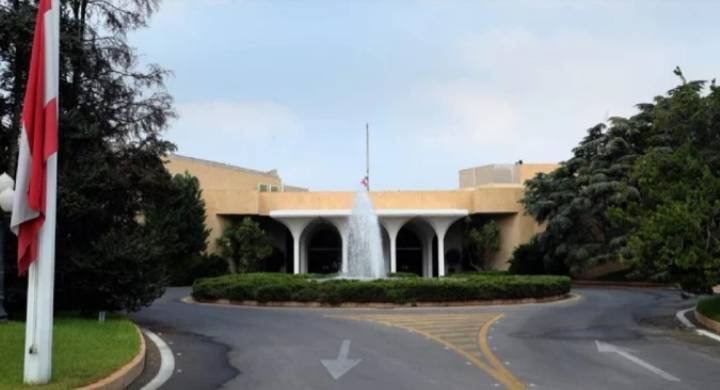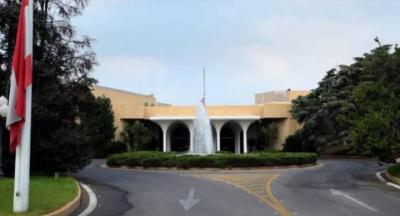"Bring forth a candidate that others can accept. The important thing is to elect a president to put the mechanisms of power back on track and to seek the formation of a government, as the situation in Lebanon can no longer bear." These phrases summarize the diplomatic rounds and meetings taking place on the political scene. French Ambassador Anne Griot is leading efforts to find common ground among the parties involved. Griot is operating under a mandate from the five countries, continuing the work started by diplomats from those countries last week. On Friday, Griot met with Parliament Speaker Nabih Berri, Hezbollah, Walid Jumblatt, Samir Geagea, and Gibran Bassil. Next week, she will continue her meetings with the majority of political forces, even with parliamentary blocs.
### Agreement Among Lebanese
Ambassador Griot is acting under a clear guideline, which is the necessity of agreement among the Lebanese on electing a president. She communicated this to all the figures she met. Griot encouraged everyone to search for commonalities. She also informed the head of the Free Patriotic Movement that, given his rejection of the candidacies of Suleiman Franjieh and Army Commander Joseph Aoun, he must propose a candidate that could receive approval from others. Regarding Hezbollah, information suggests that Griot emphasized the importance of consensus and the avoidance of a candidate who might be perceived as a challenge or provocation by others. Of course, Paris has no veto over any of the candidates, but the French ambassador is not speaking on behalf of France alone but within the common framework agreed upon during the meeting in the French capital among the five nations.
### Saudi Arabia's Rejection
It is no longer a secret that Saudi Arabia opposes Suleiman Franjieh. Even when his name was previously mentioned, the Saudi response was direct and decisive: if there is a convergence of external and internal will on Franjieh, then those parties can proceed with such an agreement, but Saudi Arabia will not be involved politically, economically, or in terms of aid. From here, the focus shifted to the necessity of finding a candidate that could gain consensus among the Lebanese, which Griot communicated to Hezbollah given that the Saudi veto on the head of the Marada Movement remains in effect. The issue is not about Franjieh personally, but rather that he represents a candidate from one axis at the expense of the other, and he would signify a political dominance of one side over the others. It is noteworthy that Franjieh stated a few days ago that he does not belong to any axis and is keen on national unity and relations with Arab countries.
### Hezbollah, Franjieh, and Allies
Hezbollah listened to Griot's presentation and believes that Franjieh is not solely its candidate, as he has support from various sects. Therefore, the party did not nominate Franjieh, and it must await his position, as the party cannot take a stance on behalf of its ally, who holds the decision regarding the continuation of his candidacy. In this context, there will also be local diplomatic and political moves in the coming phase to discuss this matter with Franjieh. Here, opinions diverge: some consider that what he has said in recent days indicates he intends to continue in the battle and will not withdraw. Meanwhile, others believe that Franjieh has already declared he will not be a candidate for confrontation and will only attend an electoral session to emerge as president, indicating he does not wish to be in a competitive position.
### No Imposition of a Candidate
Among the interpretations being discussed in the Lebanese arena is that Hezbollah Secretary-General Hassan Nasrallah's equation regarding the threat of chaos and confronting it with war suggests the consolidation of Franjieh as a candidate to face war and chaos. While others indicate that Hezbollah's position before ambassadors, as well as others, emphasizes the necessity to reach a settlement and agreement because the situation can no longer bear further strain, the fundamental principle for the party is the rejection of any internal or external party attempting to impose a candidate on Hezbollah; this will not be accepted, regardless of how long the crisis lasts or intensifies.




